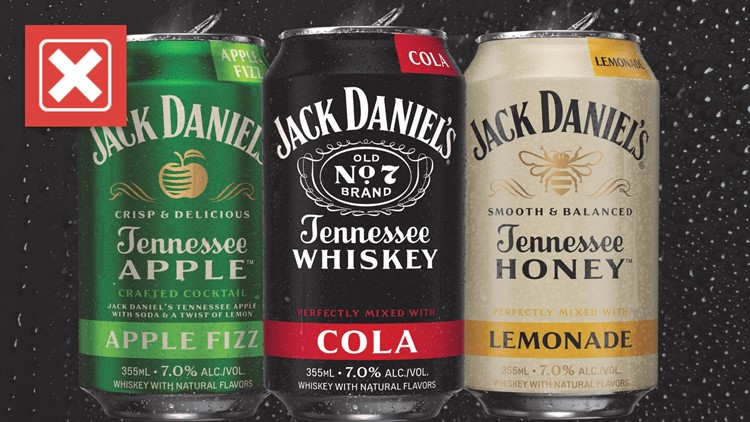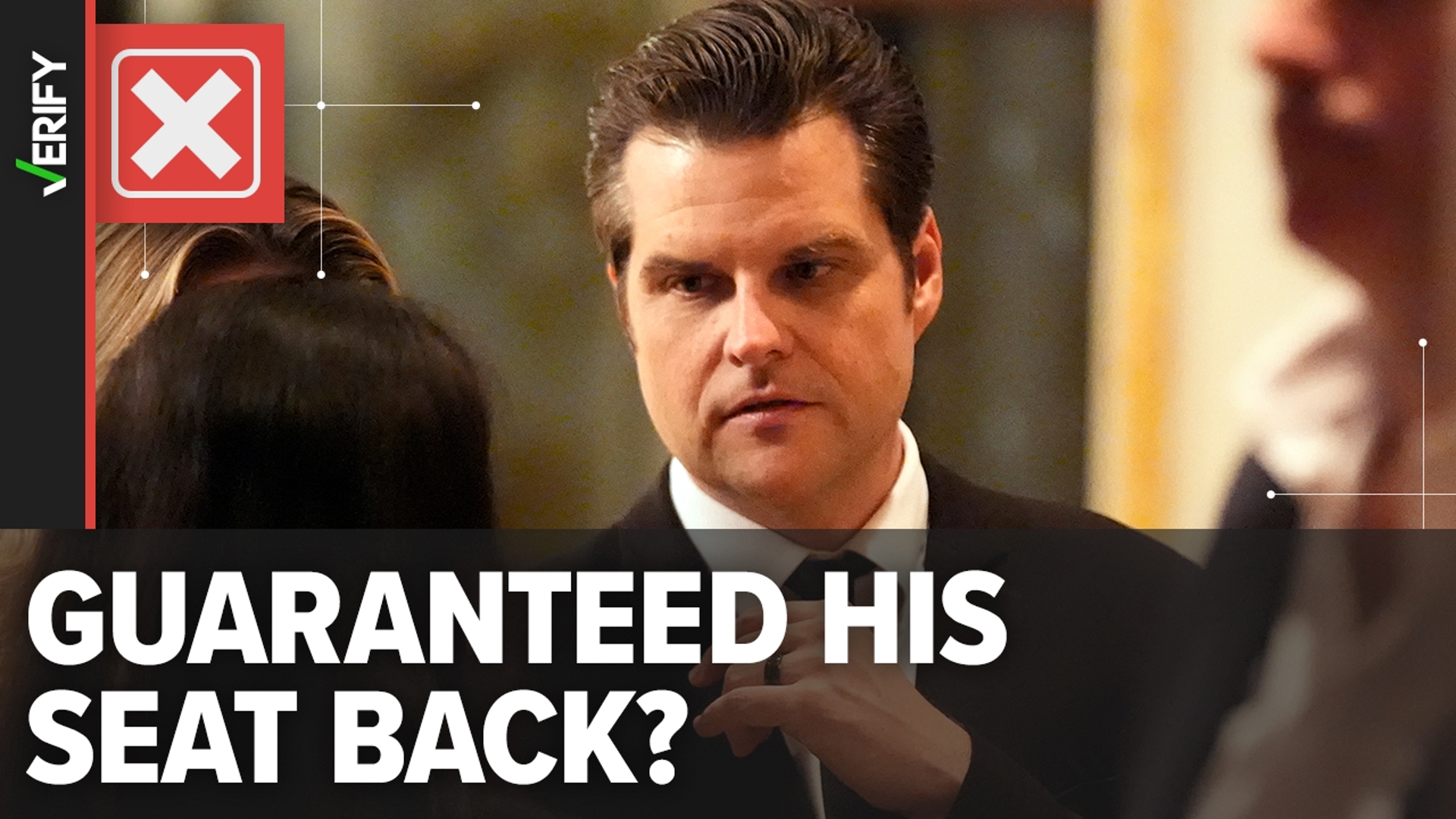PORTLAND, Ore. — Oregon's Bottle Bill was a pioneering program when it debuted more than 50 years ago, and despite numerous adjustments and expansions over the years, the core concept has stood the test of time.
Distributors charge retailers a 10 cent fee per bottle, the retailers pass those fees on to customers, and then the customers — or anyone else — can return used bottles and cans at retailers or recycling centers and receive 10 cents per can, with distributors reimbursing retailers for the payouts.
The list of accepted bottles and cans has grown longer through various updates to the law, but there are still some exceptions, which prompted one viewer to ask: Is it true that aluminum canned cocktails do not have deposit value?
THE QUESTION
Does the Oregon Bottle Bill program accept canned cocktails?
THE SOURCES
THE ANSWER
No, the Oregon Bottle Bill program does not accept canned cocktails. Beer and hard cider containers are generally accepted, but wine and liquor bottles are not, and canned cocktails count as liquor.
WHAT WE FOUND
The Oregon Liquor and Cannabis Commission maintains online lists of accepted containers and non-redeemable containers, and the latter of those spells it out on the first bullet point line: Distilled spirits, including cocktails in a can, are not redeemable.
The rules for alcoholic beverage containers are ostensibly straightforward — beer and cider are ok; wine and liquor are not — but it's gotten a more complicated due to some limited adjustments to the law and some newer beverage products that blur the lines. Hard seltzer cans? Yes. Wine bottles? No. Wine cans? Currently no, but starting next year, yes.
The original 1971 bottle bill law only covered carbonated and malt beverages, which in practice largely meant soda and beer. The main goal was to reduce litter, according to a historical summary from the Oregon Department of Environmental Quality, and those containers tended to be the most frequent offenders. Non-carbonated drinks weren't commonly sold in portable containers at the time.
Plastic soda bottles became common in the 1980s, according to DEQ, but they fit into the carbonated beverage category without needing an update to the law. The first successful major update didn't come until 2007, when the legislature passed an overhaul that added bottled water and flavored water, both of which had seen substantial market growth in the 1990s.
The next big overhaul came in 2011, adding many new beverage categories like fruit juice, energy drinks, coffee and tea. Wine, liquor and milk remain excluded, but another update that takes effect next year will add canned wine to the fold, including wine seltzers, coolers and spritzers.
Canned cocktails are mixed drinks that use spirits as their alcoholic ingredient, and they've only recently taken off in the United States, due in part to a huge growth boost during the pandemic, according to SevenFiftyDaily. The hard liquor component means they're automatically excluded under the current version of the bottle bill, and the legislature would have to step in to change the rules or make an exception.
Could they be added?
There's currently no legislation in the works to add canned cocktails to the bottle bill, but there's certainly precedent for updates when new alcoholic beverage categories emerge. According to the DEQ summary, legislation was introduced to add wine and liquor as far back as 1973, but it didn't get traction because the larger wine and liquor bottles weren't commonly dropped as litter.
Wine coolers exploded in the US market in the 1980s, and they generally came in beer-sized bottles. Oregon lawmakers almost added them to the bottle bill in 1987, according to the DEQ summary, but failed to reconcile the Senate and House versions of the legislation. The effort wasn't revived, but DEQ noted that wine coolers soon fell out of fashion in favor of malt coolers (e.g. Smirnoff Ice, Mike's Hard Lemonade, Zima), which were automatically covered under the malt beverage category.
The legislature also reacted quickly when hard seltzer took off, adding it to the bottle bill alongside kombucha cans in a 2019 measure (hard seltzers are often referred to as malt beverages, but as Vox noted in 2019, many hard seltzers use fermented sugar rather than malted barley).
The canned wine update passed in 2022, and state Sen. Michael Dembrow explained at the time that the legislature was reacting to the growth of canned wine in the market. He said large wine bottles would be difficult for recyclers to incorporate and liquor bottles would be more complicated because they're sold by the state, The Statesman Journal reported, but wine cans would be an easy adjustment — and consumers are more likely to assume all cans are covered anyway.
KGW reached out to Dembrow to ask if there's been any talk in the legislature about adding canned cocktails under the same rationale, and will update this story if we hear back.
Got a question or a story about Portland or Oregon that you'd like us to VERIFY? Drop us a line at verify@kgw.com.



